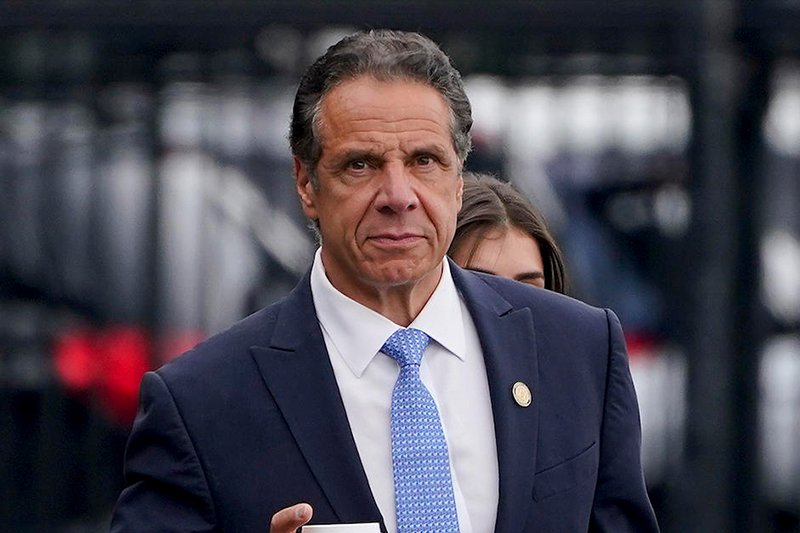Shakhawat Liton
Like any other citizen of Bangladesh, actor Pori Moni has the legal right to be presumed innocent until proven guilty. That right is one of the basic principles of fair trial and universally recognised.
The Pori Moni saga, however, tells a story opposite to this basic principle of fair trial.
Every action – from a big operation to detain her, seizure of drugs from her residence and displaying them to the media, filing of drug case against her and making derogatory remarks about her character by some police officials – seems to have become excessive and undermined the principle of fair trial.
The irony is that the presumption of innocence has imposed on the law enforcement agencies the burden of proving the charge against Pori Moni and guaranteed her that she would not be presumed guilty until the charge against her is proved beyond reasonable doubt.
The law enforcers engaged in detaining her and investigating the alleged offences committed by Pori Moni have shrugged off that burden. Without submitting the case to the court for trial to judge whether Pori Moni is guilty or not, she has been subjected to a media trial.
A section of officials of the law enforcement agencies has made derogatory remarks against the actor’s character and provided details of her personal life to the media.
A section of the media has also published those comments verbatim, making the “saucy” reports assassinating her character. Ethics have disappeared in the entire process of proving her a woman of “bad characteristics”.
On top of everything, the most significant thing is a perception prevailing among the people who believe that the law enforcers and the media are telling half-truths of the story.
The remaining story has been kept hidden to protect others who were also part of the alleged crimes committed by Pori Moni.
This perception has generated some burning questions.
Is there really any cover up effort in work? Didn’t they do anything wrong, really? Didn’t they abuse their money and power to lure Pori Moni and some others who were arrested recently to take the wrong path?
The percept appears to be a threat to the old aphorism that says “justice must not only be done, but must also be seen to be done”.
Pori Moni is an individual. But those who are engaged in the process to prosecute her are exercising state powers. Each of their actions testifies how a state exercises its powers against citizens who are constitutionally owners of all the powers of the state.
So, the bigger damage a state may suffer through mishandling of a case against a citizen as it exposes the character of the state contradicting the citizens’ right to protection of law guaranteed by the constitution in Article 31.
The constitutional provision clearly says: “To enjoy the protection of the law, and to be treated in accordance with law, and only in accordance with law, is the inalienable right of every citizen, wherever he may be, and of every other person for the time being within Bangladesh, and in particular no action detrimental to the life, liberty, body, reputation or property of any person shall be taken except in accordance with law.”
Like any other citizens of the country, Pori Moni is entitled to the right to protection of law. And she enjoys the constitutional right to be treated equally by the law as Article 27 says: “All citizens are equal before law and are entitled to equal protection of law.”
Do the actions of the law enforcement agencies conform with the constitutional provisions? Not really. They also contradict with the Universal Declaration of Human Rights, as it in Article 11 says: “Everyone charged with a penal offence has the right to be presumed innocent until proven guilty according to law in a public trial at which he has had all the guarantees necessary for his defence.”
If people are denied the rights, the rule of law in a country appears to be fragile and biased towards the rich who can abuse money and power to pervert the due legal process. The Pori Moni case seems to have appeared as a manifestation of such an unwarranted situation.
Courtesy: The Business Standard

























